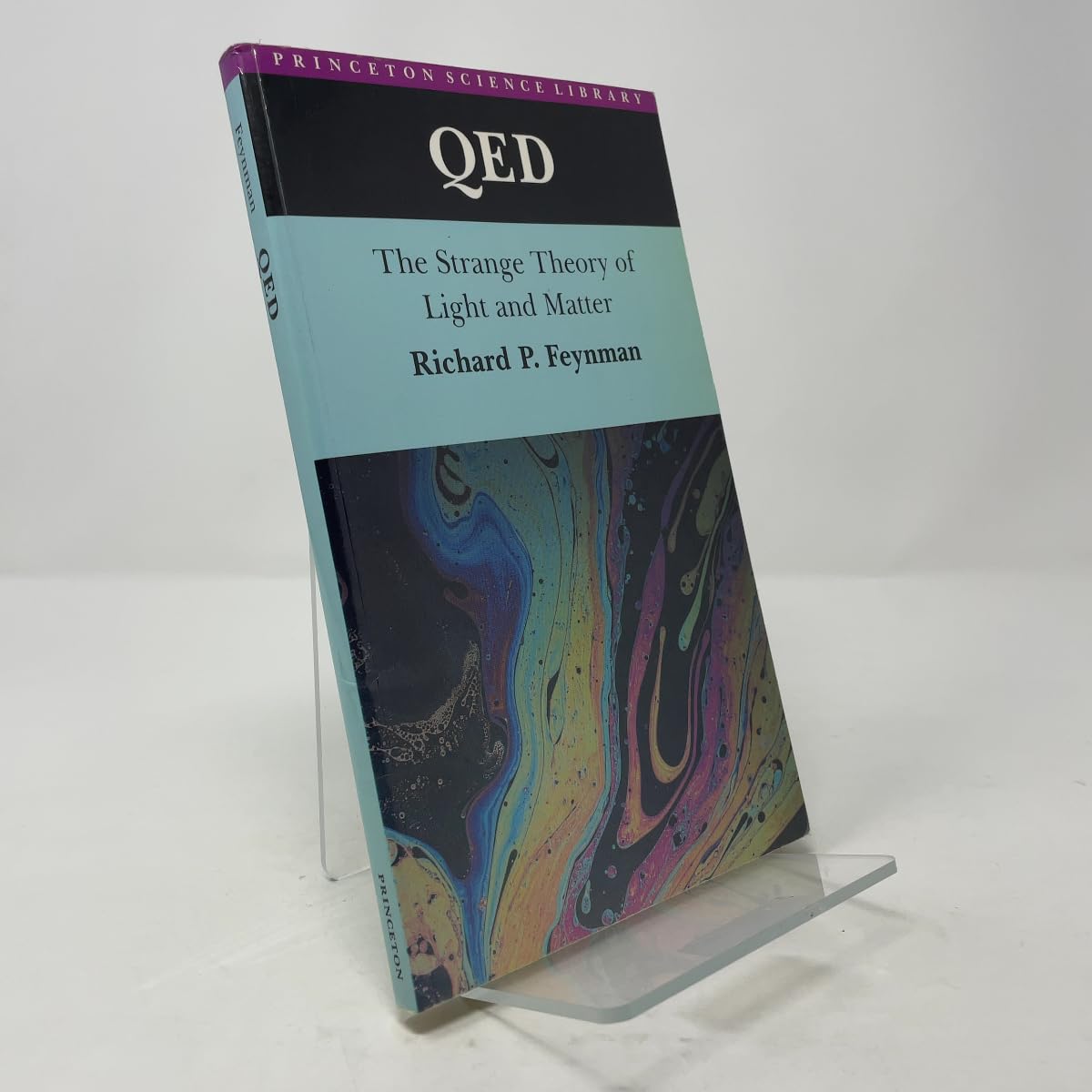red75prime's short answer in this thread is correct, for a longer one see this Physics SE questions and answers (https://physics.stackexchange.com/questions/11820/what-reall...). In ELI5 terms: photons always move at speed c, but in a medium now and then (depending on properties of the medium, density, etc.) they interact with its atoms. In this case the atom absorbs the photon and after a short time generates another photon. So the speed of each photon is always c but the "overall light wave" becomes less than c.
If you're a non physicist like me who would like to delve further into this, I suggest Feynman's excellent and very readable book QED: The Strange Theory of Light and Matter (https://www.amazon.com/QED-Strange-Theory-Light-Matter/dp/06...)
Is this correct from a physics standpoint? Feynman had a lot to say about light in his book (QED https://www.amazon.com/QED-Strange-Theory-Light-Matter/dp/06...) and never framed it this way. At one point he remarked that the explanations in the book were related to diffraction, and the explanation there was very different from the Fourier transform.
I read this book in high-school and learned about as much as I did in 4 undergrad physics courses about quantum mechanics. There's no mathematics in this book, so it doesn't teach you how to calculate anything (for this, a physics degree helps), but the principles are presented very nicely.
The short answer is, they don't. They emit the photon in a random direction.
Fine, you say, but what about refraction and reflection, there the photons are emitted in another direction. What makes the atom "decide" what direction to emit a photon after it's absorbed?
They don't decide anything, they still just emit in a random direction. The mind fuck is that on the whole, statistically, almost all photons except for those travelling in the direction of refraction/reflection destructively interfere!
[1] http://vega.org.uk/video/subseries/8 [2] http://www.amazon.com/QED-Strange-Theory-Light-Matter/dp/069...


To follow this thread, read through QED (https://www.amazon.com/QED-Strange-Theory-Light-Matter/dp/06...) – it's quite readable.